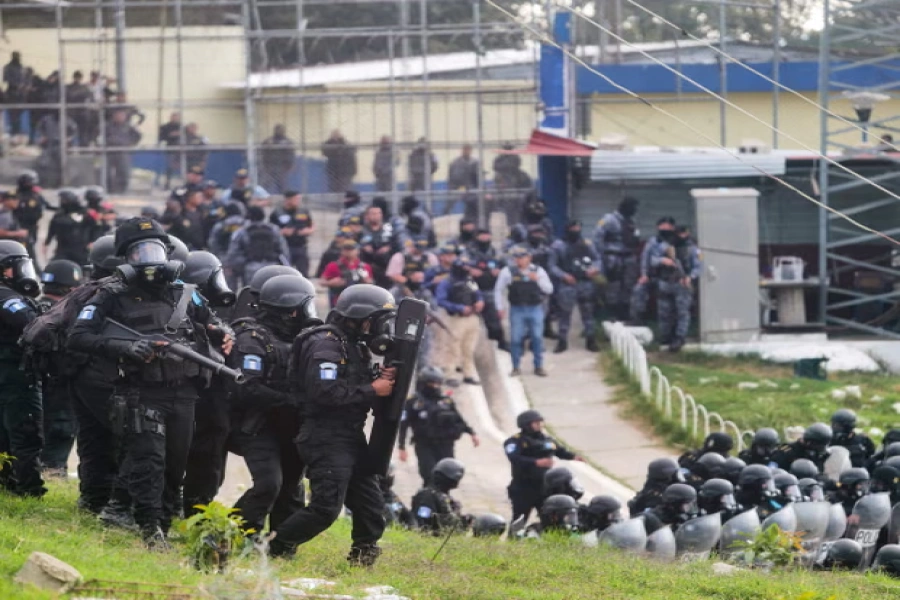Polls under new constitutional framework marks the end of the prolonged political transition
KATHMANDU, Dec 8: Prime Minister Sher Bahadur Deuba, who faced a humiliating dismissal from the then King Gyanendra Shah for being unable to hold the parliamentary polls on the scheduled date back in 2002, has set his record right, by successfully holding the parliamentary and provincial assembly polls in 2017.
When Deuba became the prime minister for the fourth time early June this year, two phases of local elections were still due, as Maoist Center Chairman Pushpa Kamal Dahal had stepped down after holding the first phase of local polls in Provinces 3, 4 and 6 on May 14 to honor the informal understanding to hand over power to the Nepali Congress (NC).
Deuba not only had the challenge to hold local polls in the remaining provinces amid threats by dissenting parties to disrupt the polls but also had the Herculean task before him to hold the parliamentary and provincial assembly polls within the constitutional deadline of January 21, 2018. The prospect of amending the constitution as demanded by the agitating Madhes-based parties was slim, with the main opposition party, CPN-UML, and its allies strongly opposed to it.
Coalition will last till election: PM Deuba

Although not many things were in his own control, Deuba during his second stint as the prime minister had earned a bad reputation after he chose to dissolve parliament on May 22, 2002, to hold the parliamentary polls six months later. But as he could not hold them within the stipulated date of November 13, owing to the Maoist armed insurgency, which was already at its peak, the then king Gyanendra Shah dismissed him on October 4, 2002, calling him 'incompetent'.
In the complex political development that followed, King Gyanendra usurped all executive powers vested in the hands of the people's elected representatives and enforced a dictatorial rule on February 1, 2005. As political parties had to struggle a lot to restore democracy, many within NC and beyond even alleged him for submitting democracy to the then royal palace.
Pointing at his past record amid difficult poll environment, a section of people including the main opposition party, CPN-UML, repeatedly alleged that Prime Minister Deuba was trying to indefinitely defer the polls after he assumed the post of prime minister. The coalition partner CPN (Maoist Center) that severed its ties with the NC to forge an electoral alliance with the UML did not withdraw its ministers from the cabinet even as they were stripped off their portfolios. The Maoist Center justified its decision, arguing that the party's ministers were there to foil Deuba's possible plan to defer the polls beyond the constitutional deadline.
Prime Minister Deuba has proved all these allegations wrong on Thursday. As his efforts to amend the constitution to address the concerns of Madhes-based parties failed, the prime minister first held the local polls in Province 1, 5 and 7 on June 14, deferring the polls in Province 2 for September 18.
The prime minister's party, NC, did not fare well in the local polls, with the party standing second after the UML. Party insiders say Deuba decided to go to the polls even as he had received reports from the ground that his party, NC, was not going to perform better in the parliamentary and provincial assembly polls.
The successful conclusion of three sets of polls - local, provincial and federal - after the promulgation of new constitution not only sets Deuba's record right, but also brings to an end of the prolonged political transition that ensued after Prime Minister Deuba was unceremoniously dismissed for his failure to hold the parliamentary polls on time in 2002.
“The elections have ended the prolonged political transition that began in Nepal after 2002. Another important task of state restructuring has also been accomplished with the successful conclusion of these polls under the federal set up,” argues political analyst Jhalak Subedi.





































